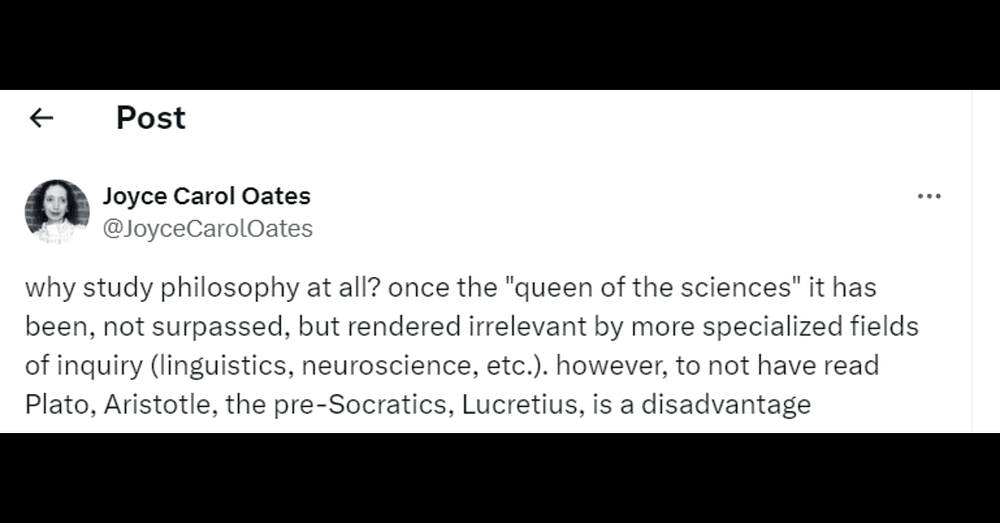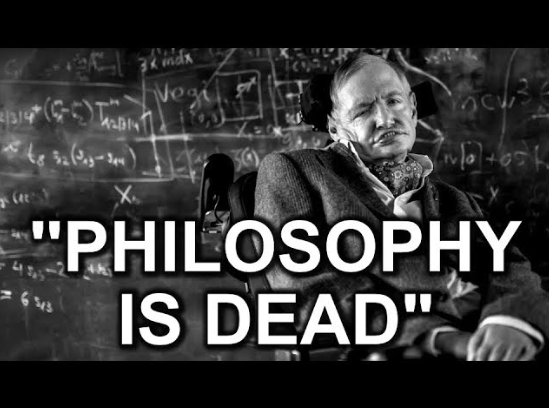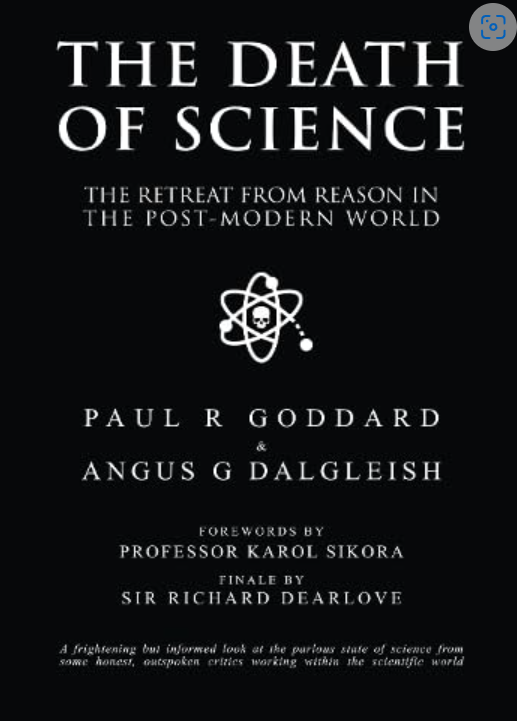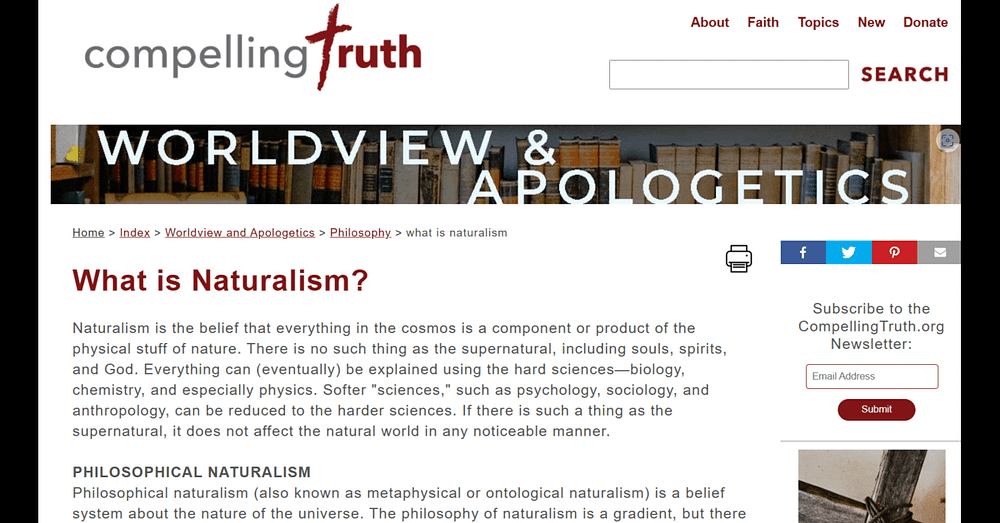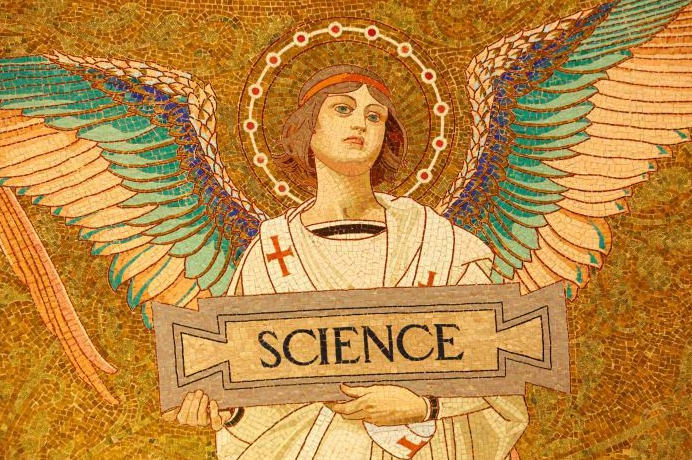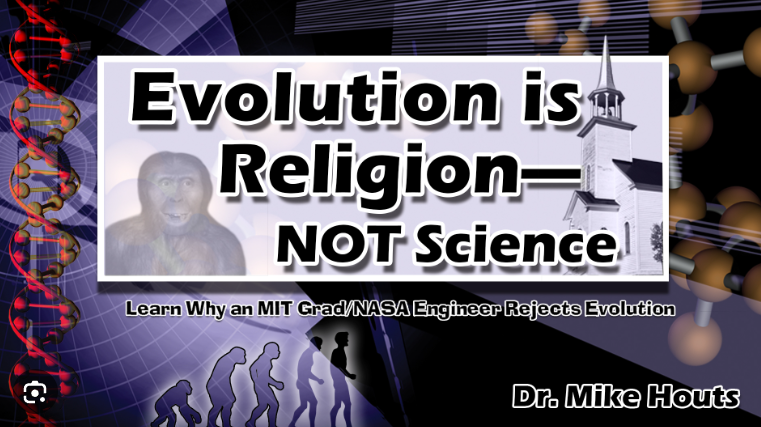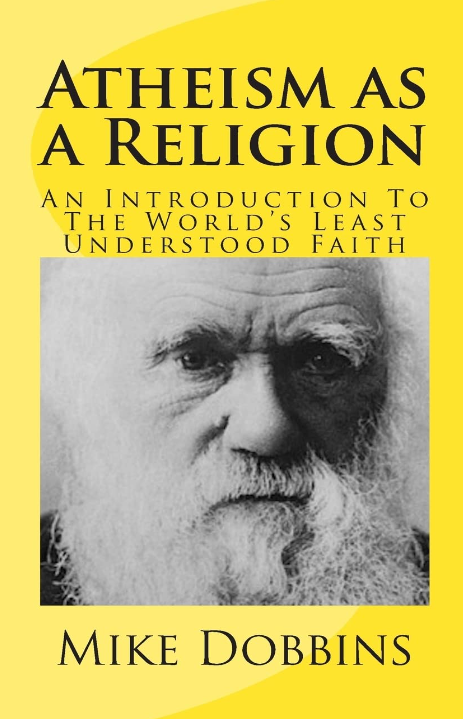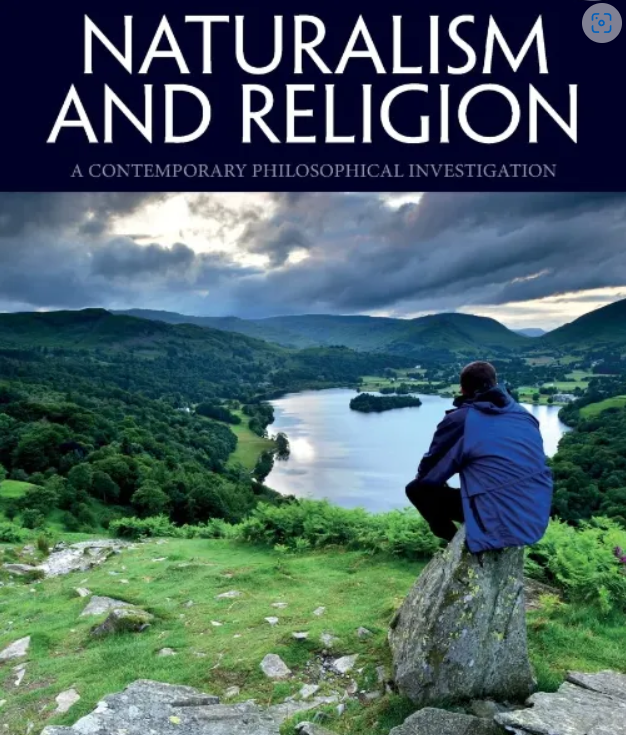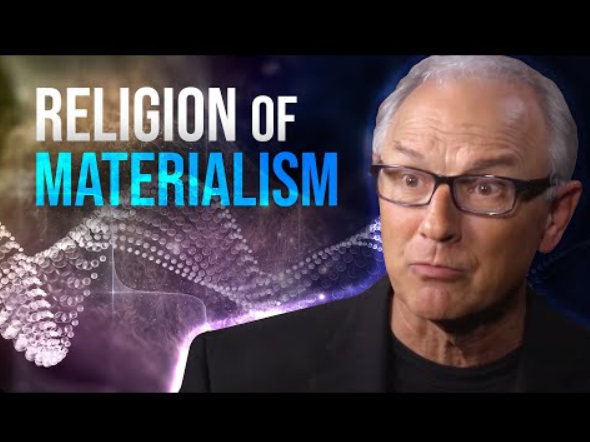The following piece is on Peter Woit’s strong stance against string theory. It focusses on Woit’s sociological analysis of string theory, as found in his blog post ‘20 Years of Not Even Wrong’. This was posted on March the 18th, 2024.
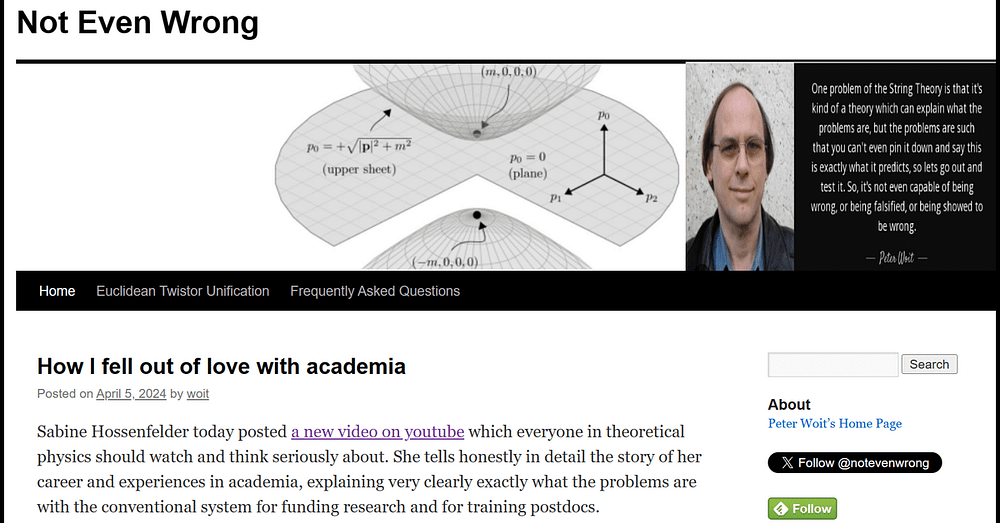
Peter Woit is an American theoretical physicist. He’s also a senior lecturer in the Mathematics Department at Columbia University.
An important source of Woit’s criticisms of string theory can be found in his book Not Even Wrong: The Failure of String Theory and the Search for Unity in Physical Law, which was published in 2006. He runs a blog that’s also called Not Even Wrong. (Woit tells us that the “first entry on this blog was 20 years ago yesterday” — that is, in 2004.)
Peter Woit on the Sociology of String Theory
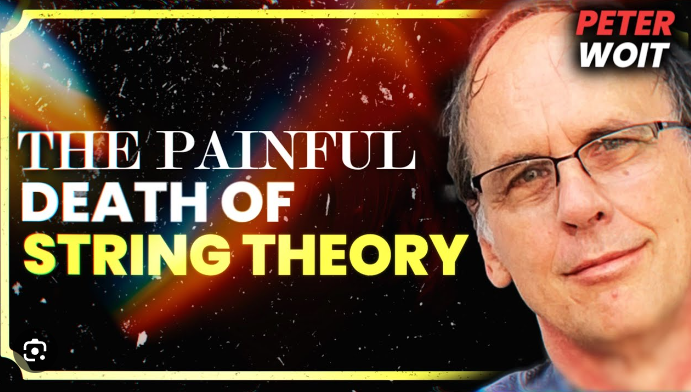
Peter Woit’s overall position is on the academic and intellectual hegemony (a word he doesn’t actually use) of string theory. He sees this as being bad news for the future of fundamental physics.
Woit argues that string theory’s popularity was at least partly a result of the financial and political nature of academia. More specifically, this hegemony of string theory was also down to the mad academic competition for scarce resources.
The following passage is Woit on string theory:
“In 2004 I was looking at nearly twenty years of domination of fundamental theory by a speculative idea that to me had never looked promising and by then was clearly a failure. 20 years later this story has become highly disturbing. The refusal to admit failure and move on has to a large degree killed off the field as a serious science.”
If we take Woit’s word for things, then it truly is amazing that a “speculative idea” should dominate theoretical physics for such a long time. Indeed, we will see that in certain strong respects, string theory is speculative, and it has dominated theoretical physics for over three decades.
But has string theory also failed?
Well, that depends…
Woit then offers us more on the politics and sociology of string theory:
“My background has been at the elite institutions that are supposed to be providing this kind of training and working environment. Harvard and Princeton gave me this sort of training in 1975–1984 and I think did a good job of it at the time, but from what I can tell things are now quite different. 40 years of training generations of students in a failed research program has taken its toll on the subject.
He continues:
“I remember well what it was like to be an ambitious student at these places, determined to get as quickly as possible to the frontiers of knowledge, which in those times meant learning gauge field theory. These days it unfortunately means putting a lot of effort into reading Polchinski, and becoming expert in the technology of failed ideas.”
All that is strong stuff.
Mathematical physicist Roger Penrose too (in his book The Road to Reality) also had something similar to say on this subject. He wrote:
“The often frantic competitiveness that this ease of communication engenders leads to bandwagon effects, where researchers fear to be left behind if they do not join in.”
According to Woit’s account, string theorists have gained a hegemonic position despite the fact that string theory has no independent (or unique) evidence on its side. Or, in Woit’s own words, despite the fact that string theory is a “failed research program”.
And, like other hegemonies, those in control of this research program (or those who benefit from it) “will never admit what has happened, no matter how bad it gets”.
Another question is the following:
Why has there been “excessive media attention and funding” of string theory?
This hints at a political, and not just a sociological, answer.
Indeed, it surely must be political.
Although string theory is speculative, it’s been heavily funded, and it has sustained countless careers over the last three decades or more. That can’t help but have at least some political implications and explanations.
Of course, Peter Woit is not on his own on all this. Take the following words from the science writer John Horgan:
“[S]cience that is not experimentally testable or resolvable even in principle and therefore is not science in the strict sense at all. Its primary function is to keep us awestruck before the mystery of the cosmos.”
Horgan calls this “ironic science”.
Interestingly enough, all this needn’t be seen as hinting at a negative state of affairs. So now take the words of another science writer, Jim Holt, who put the situation in this way:
“For the first time in its history, theory has caught up with experiment. In the absence of new data, physicists must steer by something other than hard empirical evidence in their quest for a final theory.”
Here we’re being told that string theorists have fully (even happily) accepted this lack of “new data”. Indeed, that’s precisely why “theory has caught up with experiment”. In other words, string theory can hardly have failed to have caught up with experiment if there were no new experiments to catch up with in the first place.
Let’s get back to the sociology of string theory.
The fictional character Sheldon Cooper (of The Big Bang Theory) also experienced the sociology of string theory.
Sheldon Cooper on the Sociology of String Theory

Sheldon Cooper gave his friends the following retrospective account of his youthful conversion to string theory:
“String theory seemed so elegant at the time, but now I realize I was just a simple country boy seduced by a big city theory with variables in all the right places.”
[These words are from ‘The Relationship Diremption’ episode of The Big Bang Theory, in which Sheldon experiences a reverse Damascene conversion.]
The quote above chimes in with what many theoretical physicists have themselves stated over the last couple of decades.
Sociologically, it was indeed the case that in the 1980s (although Sheldon himself wasn’t born until 1980) many talented young physicists were encouraged (by their professors and teachers) to take up string theory.
Relevantly enough, Sheldon’s equally-fictional rival, Barry Kripke, classed himself (in the same episode) as a “stwing pwagmatist”.
What on earth is that?
Barry Kripke explained:
“I say I’m gonna pwove something that cannot be pwoved, I appwy for gwant money, and then I spend it on wiquor and bwoads.”
To which Sheldon responded:
“Do you think he is right? Am I wasting my life on a theory which can never be proven?”
All this happened largely as a result of the monumental claims and grand promises of string theory.
And now those formerly-young physicists are middle-aged (or older) tenured professors who’ve spent their entire professional lives devoted to string theory. (This is unlike Sheldon Cooper himself, who was about 33 — looking about 6 — in this 2014 episode.)
So what else could these professors now do? And if they were to do something else, then would they still be able to pay their mortgages, go on as many holidays, send their kids to good schools, etc?
Lee Smolin on the Sociology of String Theory

Some of these sociological and political issues tackled by Peter Woit can also be found in Lee Smolin’s 2006 book The Trouble with Physics: The Rise of String Theory, the Fall of a Science, and What Comes Next. Specifically, this book contains a chapter called ‘How Do You Fight Sociology?’, which is very relevant here.
In a blog post called ‘Response to Criticism’, Smolin also wrote the following words:
“To discuss some sociological issues in contemporary academic science which I argue are slowing the progress of science, and to propose solutions to them.”
In The Problem With Physics itself, Smolin wrote:
“String theory is a powerful, well-motivated idea and deserves much of the work that has been devoted to it. [] The real question is not why we have expended so much energy on string theory but why we haven’t expended nearly enough on alternative approaches.”
It’s worth noting here that Smolin’s (as it were) sociological view of string theory isn’t original: it dates back to at least 1987. In that year, American theoretical physicist and string theorist David Gross made the following controversial comments (as quoted by Peter Woit) about some of the reasons for the popularity of string theory:
“The most important [reason] is that there are no other good ideas around. That’s what gets most people into it. When people started to get interested in string theory they didn’t know anything about it. [] So I think the real reason why people have got attracted by it is because there is no other game in town. All other approaches of constructing grand unified theories, which were more conservative to begin with, and only gradually became more and more radical, have failed, and this game hasn’t failed yet.”
Of course, there have been other games in town. However, David Gross believed that they weren’t worth playing. Either that, or they didn’t offer the same totalist vision that string theory does.
Woit’s and Smolin’s Non-Sociological Criticisms of String Theory
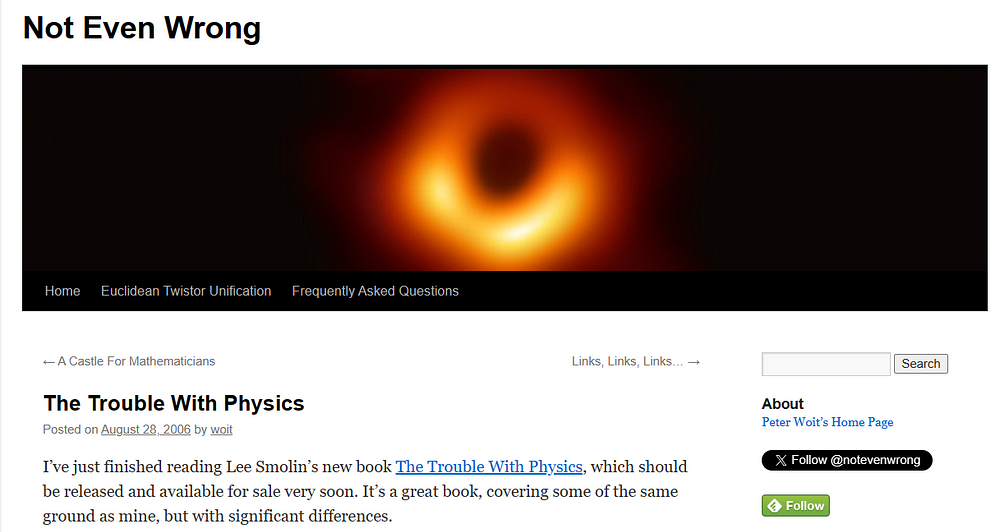
To a non-physicist, Peter Woit’s following critique of string theory certainly seems convincing:
“For the last eighteen years particle theory has been dominated by a single approach to the unification of the Standard Model interactions and quantum gravity. This line of thought has hardened into a new orthodoxy that postulates an unknown fundamental supersymmetric theory involving strings and other degrees of freedom with characteristic scale around the Planck length. […]”
Of course, no such supersymmetries have been found. [See here.) Indeed, strings themselves have never actually been found either. And that’s because they’re theoretical posits.
Then we have more criticism from Woit:
“It is a striking fact that there is absolutely no evidence whatsoever for this complex and unattractive conjectural theory. There is not even a serious proposal for what the dynamics of the fundamental ‘M-theory’ is supposed to be or any reason at all to believe that its dynamics would produce a vacuum state with the desired properties. The sole argument generally given to justify this picture of the world is that perturbative string theories have a massless spin two mode and thus could provide an explanation of gravity, if one ever managed to find an underlying theory for which perturbative string theory is the perturbative expansion.[5]”
I used the words “to a non-physicist” just before I quoted the long passages above. I’m not saying that all readers need to be professional physicists in order to make sense of the scientific parts. However, I certainly don’t feel qualified enough to come down either way on some of Woit’s pronouncements.
[See my next article on testimony as it’s discussed in philosophical literature, and as it directly relates to the (educated) layperson’s relation to science, and to string theory specifically.]
If we return to Lee Smolin .
Smolin (like Woit himself) wouldn’t have offered us his sociological analysis of string theory if it weren’t for his prior scientific and philosophical problems with it.
So now let’s tackle them, if only for a short while.
Smolin (in his book The Trouble With Physics) quotes string theorists talking about the beauty of the theory (or theories) in the following:
“[] ‘How can you not see the beauty of the theory? How could a theory do all this and not be true?’ say the string theorists.”
Here it’s being said (if not explicitly) that to string theorists (mathematical) beauty trumps evidence, experiments, data, observations, etc. In other words, string theory is truly Pythagorean in nature.
Smolin also used the words “postmodern physics” when he wrote the following:
“The feeling was that there could be only one consistent theory that unified all of physics, and since string theory appeared to do that, it had to be right. No more reliance on experiment to check our theories. That was the stuff of Galileo. Mathematics [alone] now sufficed to explore the laws of nature. We had entered the period of postmodern physics.”
Smolin’s description of string theory, and his uses of the words “postmodern physics”, aren’t really (or even at all) references to philosophical postmodernism in the sense practised by philosophers like Jean Baudrillard, Jean-François Lyotard, etc. Smolin simply meant after modern physics by his term “postmodern physics”. (Of course, Smolin must have also been aware of the philosophical associations of this term.) More specifically, Smolin believed that this is how physics — at least as carried out by certain theoretical physicists — came to be done when string theory arrived on the scene.
In conclusion.
Perhaps it was precisely the postmodern nature of string theory that allowed — and enabled — it to establish its hegemony, and then to sustain that hegemony for over three decades. After all, if in string theory there really is (to quote Smolin again) “no more reliance on experiment”, then what on earth could have stopped its almost-total dominance of theoretical physics?






